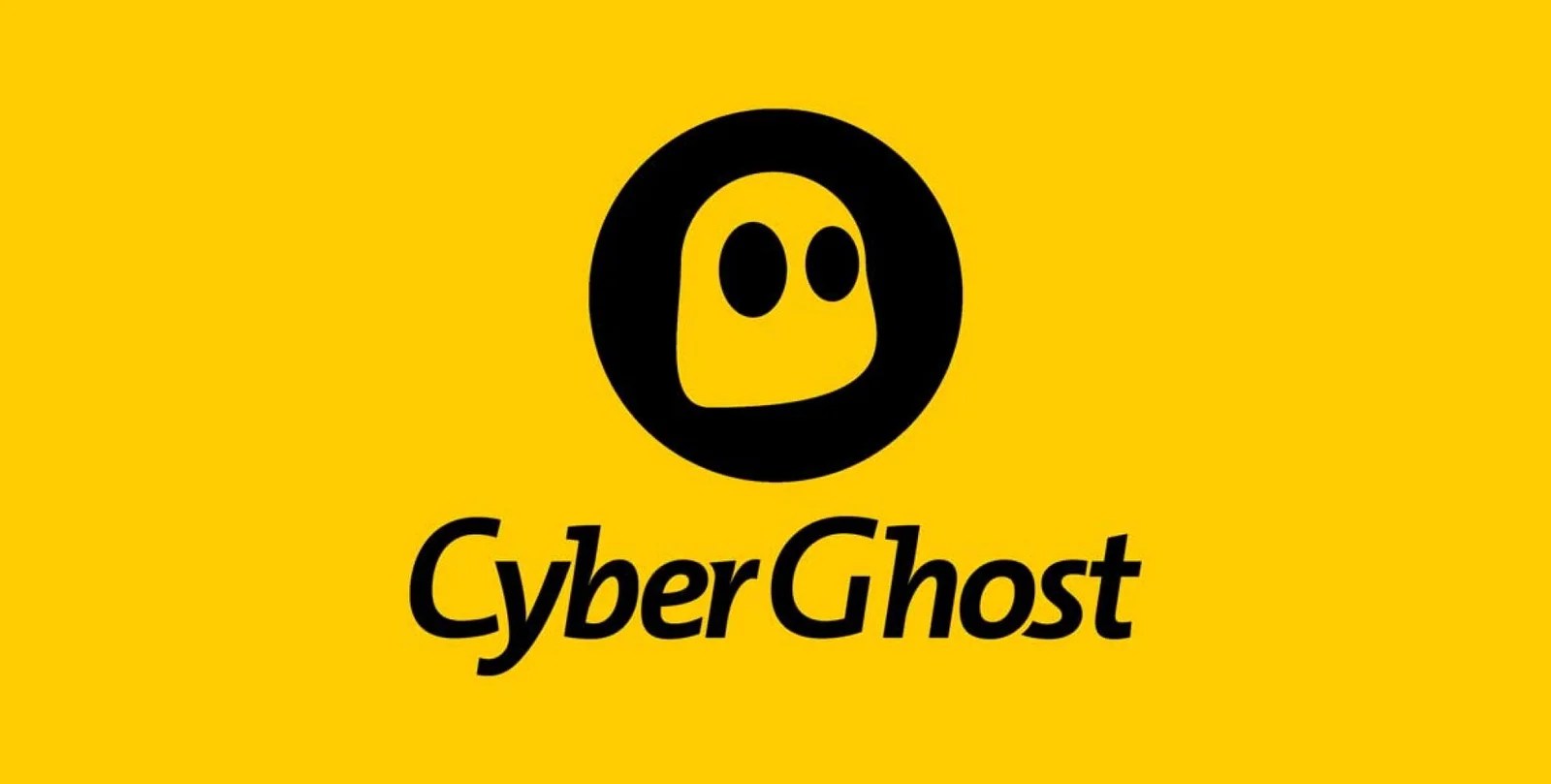Linux users are low on the priority list for most companies and developers. That’s why we set out to find the best VPN providers who have taken the time to give Linux fans some attention.
Best VPNs For Linux | 2020 Edition
- NordVPN [Preferred VPN for Linux] Fast, easy to install, and great at unblocking streaming sites. Even includes a 30-day money-back guarantee.
- AtlasVPN: [Preferred VPN] AtlasVPN is perfect for beginners.
- Surfshark Provides high speeds, solid security, and allows you to secure every device you own simultaneously.
- ExpressVPN Works on a range of Linux distros. Unblocks a range of streaming sites, very fast, and uses powerful security.
- CyberGhost Recently launched a command-line Linux app. Easy-to-use, good for unblocking region-locked content, and secure.
- ProtonVPN Open-source command-line app from a privacy-focused VPN provider.
1: NordVPN [Preffered VPN]


Nord VPN just launched its dedicated Linux app in August 2018. The command-line app has no GUI (graphical user interface), but it’s still far easier to set up and use than manually configuring servers. The Linux app comes with most of the same great features you get on other operating systems, including an automated kill switch, ad blocker, and anti-malware filter. If you still prefer doing things the old-fashioned way, Nord boasts an extensive user base of tutorials including detailed Linux setup instructions for OpenVPN, IKEv2, and PPTP protocols.
Based in Panama, NordVPN allows up to six simultaneous connections, a zero-logs policy, and specialized servers for streaming, P2P, and added security. It can unblock geo-locked content on sites and apps like Netflix, Hulu, and BBC iPlayer. Over 4,500 ultra-fast servers are on offer in more than 60 countries. Every connection is protected with 256-bit encryption, and the IKEv2 protocol features perfect forward secrecy to ensure no one can decrypt past sessions even if they discover the encryption key.
Platforms: Windows, MAC, IOS, Android, Linux
2: SurfShark [Preffered VPN]


Surfshark now offers users a command-line app for Linux that works on Debian and Ubuntu distros. You can select any of the available server locations from a list and get connected in seconds. Surfshark is ideal for people who want to unblock region-locked content from abroad, such as Netflix, Hulu, BBC iPlayer, or Amazon Prime Video. Torrenting is allowed as well, and the service keeps no logs.
Surfshark is the only provider on this list to allow an unlimited number of simultaneous connections per account. That makes it a great bargain if you share with family or housemates. Live chat support is staffed around the clock.
Platforms: Windows, MAC, IOS, Android, Linux
3: ExpressVPN


ExpressVPN released its official Linux app in April 2016. It runs using a command-line interface rather than the desktop GUI available on Windows and Mac, but it’s still far easier than downloading and managing config files for each server. The server list is always kept up to date, and users can easily switch between UDP and TCP over the OpenVPN protocol. ExpressVPN costs a little more than some rivals, but it does offer a 30-day money-back guarantee and clocked much faster speeds in our testing. ExpressVPN works on Ubuntu, Debian, Fedora, Kali, and CentOS.
ExpressVPN is high on our list as it scores well in all key areas including privacy, speed, and customer support. It is also the only VPN on this list that has consistently worked to unblock all content we have tested, including Netflix, Hulu, BBC iPlayer, and HBO.
Update: ExpressVPN has made some notable improvements by allowing up to 5 simultaneous devices and introducing a kill switch.
Platforms: Windows, MAC, IOS, Android, Linux
4: AtlasVPN


AtlasVPN is perfect for beginners, with user-friendly apps and a helpful free edition. This extension can unblock streaming services, block ads, and keep data private from security breaches. It’s a powerful application that keeps browser browsing secure. AtlasVPN has servers in 40+ countries and 700+ different computers. It also has a kill switch to help protect you from cyber-attacks and has a no-log policy so your privacy is safe.
Platforms: Windows, MAC, IOS, Android, Linux
5: CyberGhost


As with others, the command-line app has no graphic interface and runs solely from the command line. You can choose how you want to use the VPN, such as for torrenting or streaming, as well as the location. CyberGhost doesn’t store any user logs and employs strong encryption and leak protection.
CyberGhost uses the OpenVPN protocol. It operates more than 5,900 servers in 89+ countries. Speeds are good and connections are reliable. Live chat support is available 24 hours per day, 7 days per week.
CyberGhost also offers one-day free premium account as a trial before you plan to buy a premium plan.
Platforms: Windows, MAC, IOS, Android, Linux
6: ProtonVPN


ProtonVPN now makes a command-line app for Linux that lets you see the full list of servers and more easily manage connections. The tool is open-source so you’re free to inspect and modify the code as you please. It works on Ubuntu, Fedora, Archlinux/Manjaro, Kali, and Solus. All connections use the OpenVPN protocol, and you can quickly switch between servers.
Proton emphasizes privacy in all of its services, and its VPN is no different. You get top-notch security and a strict zero-logs policy. ProtonVPN allows P2P filesharing and unblocks US Netflix.
ProtonVPN also has a free plan that comes with1 VPN connection, Servers in 3 countries, Medium speed, No logs/No ads policy.
Platforms: Windows, MAC, IOS, Android, Linux









